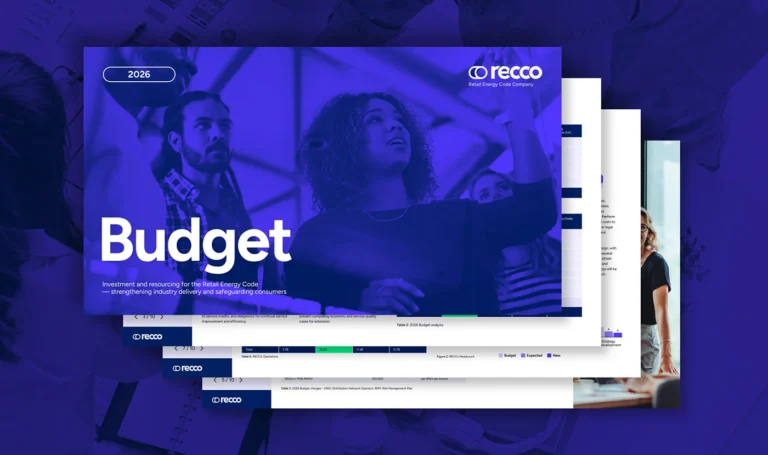What did the session focus on?
The session focused on two key areas:
- Stakeholder Advisory Forum
- Cross-Code Steering Group
We invited stakeholders to share their views on the proposed arrangements and worked together to identify ways to improve cross-code alignment. We’ll continue developing these improvements in collaboration with all code bodies.
What is the Stakeholder Advisory Forum?
Currently, stakeholder-led change panels make decisions and recommendations on code changes. Under the reformed framework, this responsibility will shift to Code Managers. The Stakeholder Advisory Forum (SAF) is proposed as a key mechanism to ensure stakeholders continue to have meaningful input into those decisions.
Ofgem’s consultation sets out proposals for the forum’s structure and role, including:
- The forum’s objectives and its advisory role to the Code Manager
- The proposed constitution, which includes up to three paid independent members (including the Chair), no cap on Code Party representatives, and a requirement for at least two consumer representatives
- The process for selecting Code Party representatives, with options for appointment by the Code Manager or election by Code Parties
Ofgem has also confirmed that a pool of experts, including academics, will provide specialist input to the forum when needed.
What is the Cross-Code Steering Group?
The Cross-Code Steering Group (CCSG) helps coordinate code changes that affect multiple codes.
Ofgem proposes expanding the current CCSG—led by the Retail Energy Code (REC) and currently involving the Balancing and Settlement Code (BSC), Uniform Network Code (UNC), Independent Gas Transporter UNC (IGT UNC), Distribution Connection and Use of System Agreement (DCUSA), and Smart Energy Code (SEC)—to cover all industry codes under the reformed framework.
During the session, the CCSG Chair shared reflections on what’s worked well so far and highlighted areas for improvement.
What did stakeholders tell us?
Stakeholders shared a range of valuable insights during the session. Key themes included:
- SAF objectives: Should align more closely with Ofgem’s Strategic Direction Statement (SDS), aiming to reduce costs and simplify code arrangements.
- SAF composition: The balance between Code Party representatives and independent members is important. A cap on independent members could limit effectiveness.
- SAF pool: Clarification is needed on whether pool members will be impartial, and whether Code Managers should collaborate on a shared pool for consistency.
- CCSG Chair: There was strong support for appointing an independent Chair to ensure impartiality and credibility.
- CCSG attendance: Attendance should be mandatory to support coordination and the identification of cross-code issues.
- Prioritisation role: CCSG should help prioritise cross-code changes in line with SDS priorities and to make the best use of stakeholder time.
What are the next steps?
These insights will help shape proposals developed in collaboration with other Code Bodies to align SAF arrangements and strengthen the role of the CCSG.
The Department for Energy Security and Net Zero (DESNZ) and Ofgem are currently consulting on the draft Code Manager Licence and proposals for Code Manager Appeals to the Competition and Markets Authority (CMA). The consultation closes on 27 June 2025.
If you would like to discuss any aspect of the consultation or broader energy code reform, contact recco_strategy@retailenergycode.co.uk
Where can I find out more?
- View our drop-in session presentation: Second Energy Code Reform Consultation
- View our Response to the Second Energy Code Reform Implementation Consultation









